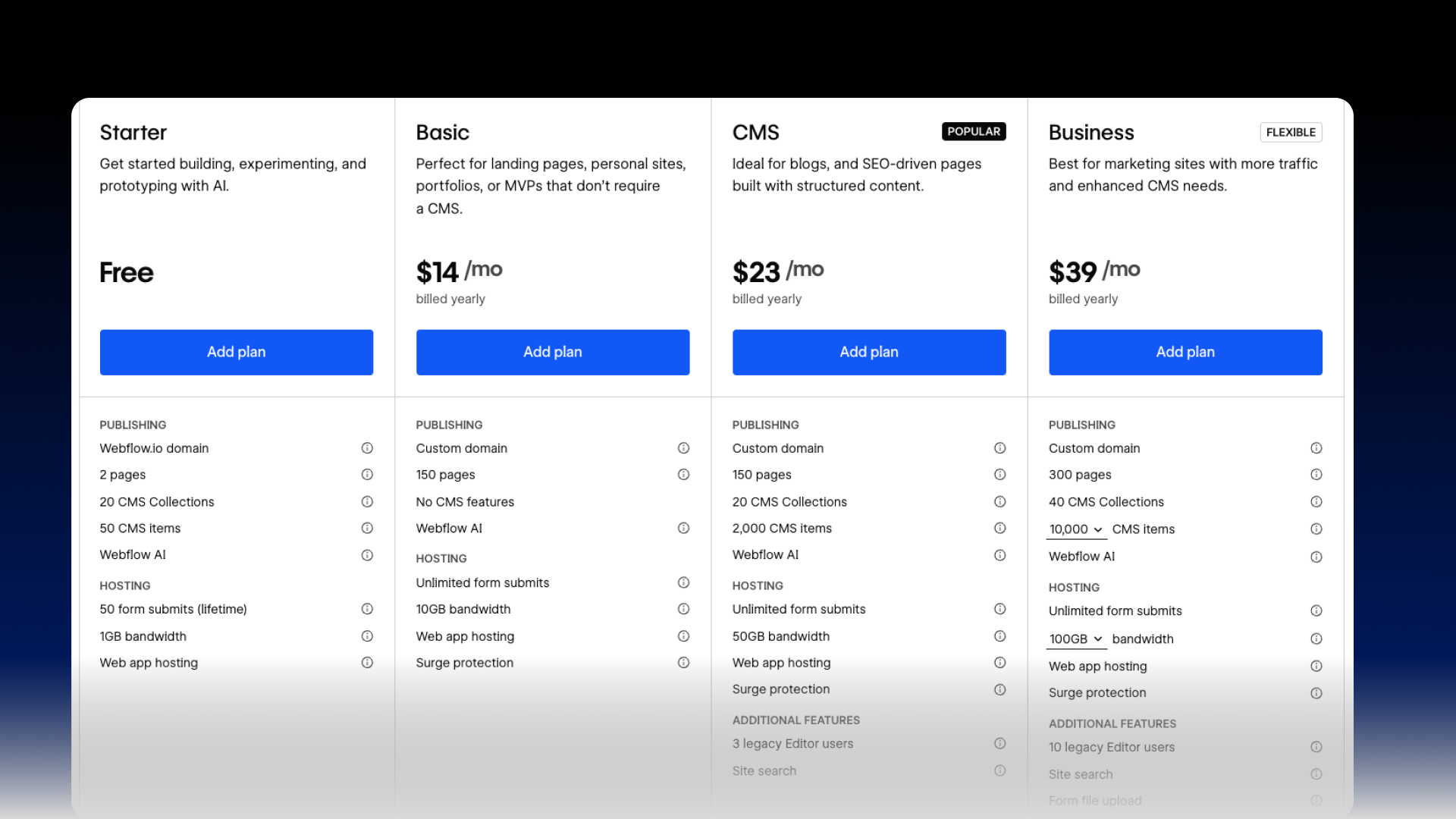How to Start a Digital Marketing Agency
Starting a digital marketing agency can be a profitable and rewarding business if you’re skilled at helping brands reach and engage their target audiences.

Starting a digital marketing agency can be a profitable and rewarding business if you’re skilled at helping brands reach and engage their target audiences. With the demand for digital marketing growing across industries, there are ample opportunities for agencies that can deliver results. Here’s a step-by-step guide on how to start a successful digital marketing agency.
1. Build Your Digital Marketing Skills and Knowledge
Before you start a digital marketing agency, it’s essential to have a solid understanding of the various aspects of digital marketing, including SEO, social media marketing, content creation, PPC (Pay-Per-Click) advertising, email marketing, and analytics.
Steps to Take:
• Courses and Certifications: Consider enrolling in digital marketing courses from reputable platforms like Google, HubSpot, and SEMrush.
• Hands-On Experience: Practice by managing digital campaigns for personal projects or small businesses to build your skills and gain confidence.
• Why It Matters: The more knowledgeable you are, the more equipped you’ll be to deliver results for clients and build credibility for your agency.
2. Identify Your Niche
Focusing on a specific niche or industry can help you stand out in a crowded market. Whether you choose e-commerce, real estate, health and wellness, or another sector, having a niche allows you to tailor your services, messaging, and marketing efforts.
Steps to Take:
• Research Market Demand: Identify industries with a high demand for digital marketing and assess the competition.
• Assess Your Interests and Strengths: Consider your expertise and where you feel confident delivering value.
• Choose a Specific Niche: It could be a particular industry (like fitness) or service specialization (such as SEO for small businesses).
• Why It Matters: Targeting a niche helps position you as an expert in that area, which can attract clients looking for specialized knowledge.
3. Define Your Services
Digital marketing covers a broad range of services. Decide which services your agency will offer based on your expertise, market demand, and your target audience’s needs. You can always expand later, but starting with a focused set of services will help you streamline your efforts and build a reputation.
Common Services:
• SEO (Search Engine Optimization): Improving website rankings in search engine results.
• PPC Advertising: Running paid advertising campaigns on platforms like Google Ads and social media.
• Content Marketing: Creating and distributing valuable content to engage audiences.
• Social Media Management: Handling clients’ social media presence and growth.
• Email Marketing: Building and managing email campaigns for client engagement.
• Web Design and Development: Creating optimized websites (if you have the expertise).
• Why It Matters: Clear service offerings allow potential clients to understand exactly what you offer and how it aligns with their needs.
4. Create a Business Plan
A business plan will provide a roadmap for starting, managing, and growing your agency. It should outline your goals, target market, services, pricing strategy, and projected financials.
Steps to Take:
• Executive Summary: A quick overview of your agency, goals, and mission.
• Market Analysis: Research on your niche, competition, and target audience.
• Marketing Plan: How you will attract and retain clients, including your branding and positioning.
• Financial Plan: Include startup costs, projected expenses, and revenue forecasts.
• Why It Matters: A business plan keeps you focused, organized, and better prepared to manage the challenges of starting a new agency.
5. Set Up Your Brand and Online Presence
Your brand’s identity is key to attracting clients and building credibility. Create a memorable brand name, logo, and website that communicates professionalism and expertise. Your website will be your main marketing tool, so make it a priority.
Steps to Take:
• Brand Name and Logo: Choose a name that reflects your agency’s mission and design a professional logo.
• Website: Invest in a quality website that highlights your services, portfolio, client testimonials, and contact information.
• Social Media Profiles: Establish profiles on LinkedIn, Facebook, Instagram, and other relevant platforms to showcase your brand and share valuable content.
• Why It Matters: A professional online presence enhances credibility and makes it easier for potential clients to find and engage with you.
6. Define Your Pricing Model
Decide on a pricing model that makes sense for your agency and target clients. Common pricing models include hourly rates, project-based pricing, monthly retainers, and performance-based pricing.
Common Pricing Models:
• Hourly Rate: Charging per hour of work; best for projects with uncertain timelines.
• Project-Based: Charging a flat rate for a complete project; ideal for one-off services.
• Monthly Retainer: A recurring fee for ongoing services; good for building long-term client relationships.
• Performance-Based: Fees tied to specific results, such as leads generated or sales growth.
• Why It Matters: A clear pricing model ensures you’re fairly compensated for your services and helps clients understand your value.
7. Develop a Marketing Strategy to Attract Clients
As a new agency, it’s essential to market your services and build a client base. Digital marketing is highly competitive, so it’s important to differentiate yourself and highlight your unique selling points.
Best Strategies:
• Content Marketing: Create valuable blog posts, case studies, and videos to showcase your expertise.
• Networking and Partnerships: Connect with other professionals, attend industry events, and collaborate with complementary businesses.
• Social Media Marketing: Use social media to share insights, case studies, and results to attract potential clients.
• Cold Outreach: Contact businesses in your niche and offer your services with a customized proposal.
• Referrals and Testimonials: Ask satisfied clients for referrals and testimonials to build trust and attract new clients.
• Why It Matters: A consistent marketing strategy will help you gain visibility, build a portfolio, and start generating revenue.
8. Build a Portfolio and Gather Case Studies
A portfolio and case studies are invaluable for showcasing your skills and results. If you’re just starting out, consider offering services to a few clients at a discounted rate or even for free in exchange for testimonials and a case study.
Steps to Take:
• Create Sample Projects: If you’re new, you can create hypothetical campaigns or run small projects for friends or local businesses.
• Document Results: Track metrics like website traffic, leads, or sales from your campaigns and present them in an organized format.
• Highlight Successful Campaigns: Showcase these case studies on your website to build credibility and attract clients.
• Why It Matters: A portfolio with real results helps potential clients trust that you can deliver value for their business.
9. Utilize Tools to Improve Efficiency
Digital marketing involves many tasks, from social media scheduling and content creation to analytics and reporting. Using tools can help streamline your workflow, improve productivity, and ensure quality results.
Essential Tools:
• Project Management: Trello, Asana, or Monday for task management.
• Social Media Management: Buffer, Hootsuite, or Sprout Social for scheduling posts.
• SEO: Ahrefs, SEMrush, or Google Analytics for keyword research and analytics.
• Email Marketing: Mailchimp, ActiveCampaign, or HubSpot for managing email campaigns.
• Graphic Design: Canva or Adobe Spark for creating visual content.
• Why It Matters: Tools help you stay organized, deliver timely results, and make managing multiple client accounts more efficient.
10. Measure Results and Optimize Your Services
Digital marketing is data-driven, so regularly measuring your campaigns’ performance is key to improving your services. Track important metrics, gather client feedback, and use this information to optimize your strategies.
Best Practices:
• Monthly Reporting: Provide clients with clear, concise reports on the results of their campaigns.
• KPIs: Track KPIs relevant to each service, such as conversion rates, engagement, or ROI.
• Adjust and Improve: Use insights from data to refine your strategies and adapt to client needs.
• Why It Matters: Measuring results helps you demonstrate value to clients and make data-driven improvements, ultimately increasing client satisfaction and retention.
Final Thoughts
Starting a digital marketing agency requires a mix of marketing expertise, strategic planning, and commitment. By developing a strong foundation, building a niche, and focusing on delivering results, you can attract clients and create a profitable, scalable agency. Implementing these steps will position your agency for long-term success and establish your reputation in the digital marketing industry.
More to read




